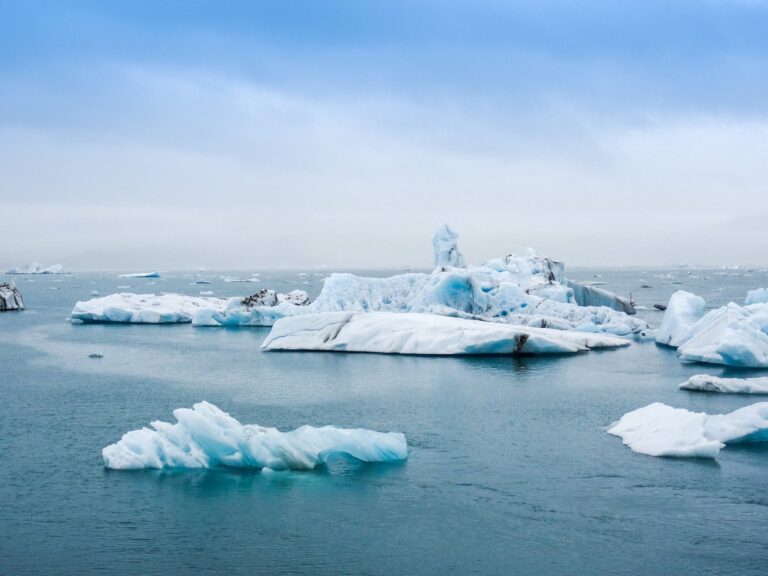How Human Evolution Has Led to the Exploitation of the Environment and Can We Alter the Path?

In a recent study, researchers studied the depths of human evolution to explain the current global environmental crisis, a period known as the Anthropocene. Their study proposes that the ecological challenges we face today are a direct result of an evolutionary process that has favored human groups of increased size and greater environmental exploitation.
Read: Americans Still Love Gas Guzzlers
Discover: Is New York City Sinking?
From Genetic to Cultural Dominance
The concept of the Anthropocene, defined by significant human impact on Earth’s ecosystems, is explored through the lens of human evolution. The researchers argue that a long-term evolutionary shift from genetic to cultural dominance in humans has played a crucial role in shaping our interactions with the environment. This shift, described as an ‘evolutionary ratchet,’ suggests that human societies have developed and expanded by continually enhancing their capacity for environmental exploitation and control. One of the most intriguing aspects of the study is the emphasis on cultural evolution. The researchers argue that the development of human culture, including language and cooperation, has been central to this evolutionary journey. However, the complexity of human culture in impacting the environment is twofold.
Cultural evolution
On the one hand, cultural evolution has driven humanity to create the Anthropocene through increasing environmental decline. On the other, it is also seen as a necessary component for achieving sustainability through cooperative solutions. The study highlights a significant challenge in the quest for global sustainability: the evolution of global cultural traits, including legal and technical systems crucial for sustaining the biosphere under intense human use. According to the researchers, our species lacks the adequate population structure to evolve these global cultural traits naturally. This situation poses a significant obstacle to implementing global collective solutions to environmental challenges.
Two potential paths for humans
In their analysis, the researchers present two alternative evolutionary paths for humanity. The first, a desirable path, is characterized by growing cooperation between societies, facilitating the emergence of global cultural systems for environmental control. This path relies on the bottom-up self-organization of systems for global environmental governance. The second path, less desirable, is marked by increasing competition and conflict over environmental resources. This path could lead to major ecological collapse and human dieback as societies become more powerful but not more integrated.
Some hope for the future
The expansive nature of human sociality, including trade and collective environmental governance, offers some hope. The study suggests that the historical upward trajectory in the scale and intensity of cooperation might continue into the Anthropocene. However, the researchers caution that the evolutionary processes that have steered human evolution for millions of years may also work against the evolution of global environmental management traits. The study concludes by proposing a new definition of the Anthropocene, emphasizing it as a period where global environmental factors determine human evolutionary outcomes. It underscores the urgent need for a new perspective on global governance and collective action to navigate the challenges of the Anthropocene effectively. This study not only provides a novel perspective on the role of human evolution in shaping our current environmental crisis but also highlights the complexity of finding solutions within the constraints of our evolutionary heritage. It calls for a pragmatic approach to solving global environmental challenges, leveraging competition and cooperation to foster a sustainable future for our planet.
Climate Crisis 24/7 used generative AI technology to help produce this article, which a human editor at Climate Crisis 24/7 edited. Climate Crisis 24/7 is dedicated to accuracy and transparency; any article that uses AI will be noted.
This study was published November 13, 2023 by researchers Timothy M. Waring, Zachary T. Wood, and Eörs Szathmáry.
More from ClimateCrisis 247
- Wake-Up call? 30 Million People Could Die Each Year From Climate Change, study says
- It took a lot of balls to bring you this story about microplastics Making a home in Men’s testicles
- Microsoft in new Scope 3 bid as AI emissions soar
- For banks, transparency sets the tone






